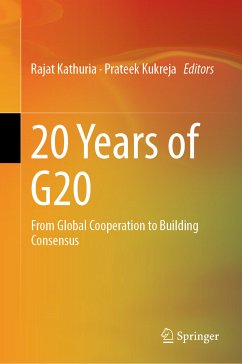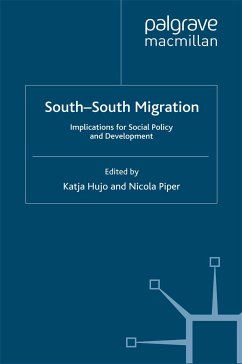With increasing global connectivity, events in one part of the world immediately affect or spread to the other parts. In this context, G20 has proved to be an effective forum, particularly after the Asian financial crises. Furthermore, over recent decades, G20 has been instrumental in managing financial crises and international conflicts by deploying global cooperation as a functional tool. As a body responding to crises, the G20 has played a central role in providing the political momentum for the strong international cooperation that ensured greater policy coherence and helped ease situations that could otherwise have been decidedly worse. The G20's agendas have encompassed short-term but critical issues of economic recovery, the sovereign crisis of Europe, high unemployment and financial sector regulation. But since moderate stabilization in the global economic environment, the focus of the group has also embraced long-term areas of governance and development. For emerging economies, such as India, the G20 has been an important platform framework to promote an inclusive global economic architecture that seeks to achieve equitable outcomes.
This book reviews the past 20 years of the G20, since it was conceptualized as a replacement for the G-7. While issues such as global financial order have been a constant area of discussion, one of the failures has been not recognizing and acknowledging the importance of issues like trade, climate change and future of work. Featuring academic papers by experts in the area, this book provides a platform for the necessary discourse on these issues.
Dieser Download kann aus rechtlichen Gründen nur mit Rechnungsadresse in A, B, BG, CY, CZ, D, DK, EW, E, FIN, F, GR, HR, H, IRL, I, LT, L, LR, M, NL, PL, P, R, S, SLO, SK ausgeliefert werden.









